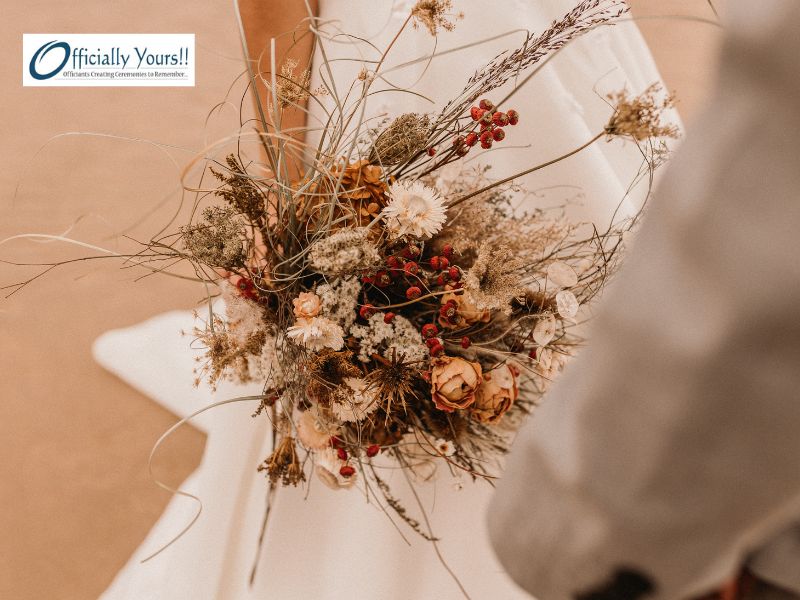What is the Difference Between Eloping and Getting Married?
When it comes to tying the knot, many couples today are exploring options beyond the traditional wedding ceremony. Two terms often come up in wedding planning conversations are eloping and getting married. While both lead to the same lifelong commitment, there are distinct differences between the two that can affect your experience, logistics, and even the choice of your elopement outfit. In this post, we’ll break down what sets eloping apart from a typical wedding and help you decide which path suits you best.
Defining Elopement and Traditional Marriage
Eloping originally meant running away secretly to get married, typically without family or friends knowing. Nowadays, elopement has evolved into a modern trend where couples opt for an intimate, sometimes spontaneous ceremony, often without the large gatherings, elaborate planning, or costly receptions associated with traditional weddings.
On the other hand, getting married generally implies a formal event that includes inviting guests, planning detailed ceremonies, and celebrating with friends and family. This is the more conventional approach to starting a marriage, often involving weeks or months of preparation.
The Nature of the Ceremony
One of the main differences between eloping and traditional weddings lies in the ceremony itself. Elopements tend to be smaller and simpler, focusing primarily on the couple’s commitment. This means fewer attendees—sometimes just the couple and an officiant, or a handful of close loved ones. Because it’s often more intimate, the ceremony location can vary dramatically, from a courthouse to a scenic mountaintop.
Traditional weddings typically involve multiple components: a ceremony, a reception, and various rituals depending on cultural or religious practices. With a larger guest list comes more coordination, from venue rental to catering, entertainment, and guest accommodations.
Planning and Preparation
Elopements are usually quicker and easier to plan. Many couples who elope choose to forgo months of stress and expense by opting for an accessible location, minimal decoration, and no extensive guest list. This freedom allows more focus on the personal significance of the moment.
In contrast, traditional weddings can require intricate planning, budgeting, and time investment. Choices like the venue, guest list, food, entertainment, and décor require attention to detail, often involving wedding planners or coordinators.
When it comes to your attire, for example, choosing an elopement outfit allows the couple to personalize their look without the pressure of conforming to traditional bridal norms. Some may choose casual attire, while others opt for stylish but less formal dresses or suits perfect for outdoor settings.
The Role of Guests and Celebration
Who’s invited often distinguishes eloping from getting married in the traditional sense. Elopements typically exclude the larger social circle, focusing on the couple’s experience rather than entertaining guests. This smaller scale means less expectation for hosting or formal reception dinners.
Traditional weddings emphasize celebrating with friends and family, often with events spanning an entire day or weekend. The couple serves as hosts, ensuring guests are accommodated, entertained, and engaged throughout the celebrations.
Cost Considerations
A significant factor influencing a couple’s decision to elope or have a traditional wedding is cost. Elopements tend to be more budget-friendly since expenses related to venues, catering, entertainment, and decorations are drastically reduced or eliminated. Couples can allocate savings towards experiences like a honeymoon, home buying, or future investments.
Large weddings, while often more extravagant, can easily become expensive with all the associated elements and services. While some couples prioritize this celebration, others prefer to avoid the financial stress by eloping.
Personalisation and Flexibility
Eloping offers unparalleled flexibility in terms of location, timing, and style. Whether you dream of exchanging vows on a beach at sunset or atop a forest hill, elopement gives you that freedom without the worries of coordinating a large group.
Traditional weddings can be personalized as well, but the necessity to please family, guests, and adhere to schedules might limit spontaneity.
Choosing Your Elopement Outfit
One of the exciting benefits of elopement is the wardrobe freedom it offers. Since the ceremony is more intimate, couples can feel free to express their personalities and dress codes. An elopement outfit might be a simple white dress that’s comfortable and chic, a tailored suit, or even something unconventional like jumpsuits or casual wardrobes that tie into the location’s ambiance.
The choice of elopement outfit often reflects a balance between style, comfort, and practicality, especially if the ceremony takes place outdoors or requires traveling.
Final Thoughts
While eloping and getting married both signify the beautiful commitment between two people, the experiences surrounding them differ significantly. Elopements prioritize intimacy, simplicity, and flexibility, often allowing couples to focus solely on their love and the moment itself. Traditional weddings, on the other hand, celebrate the union with community, elaborate festivities, and shared memories with family and friends.
Whether you opt for an elopement or a traditional wedding, the choice should reflect your values, desires, and what feels most meaningful to you. And if you decide to elope, embracing the freedom to choose your perfect elopement outfit can make your special day all the more personal and memorable. The most important thing, no matter the path, is the joy and commitment shared as you begin your married life together.
Visit our blog page for more articles

